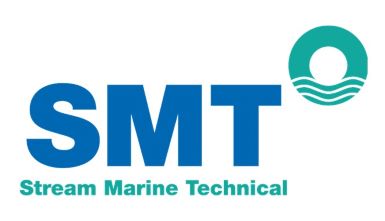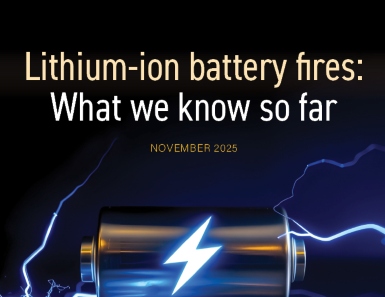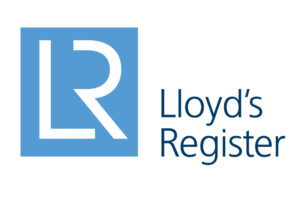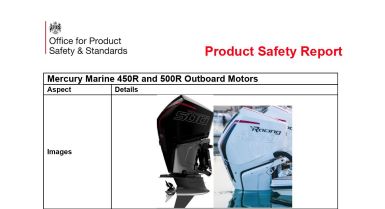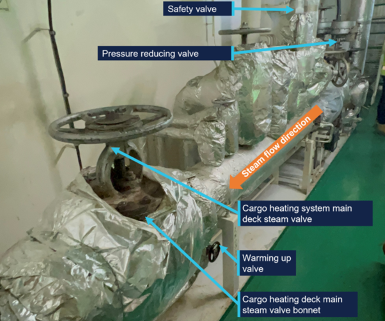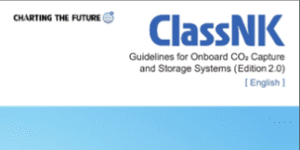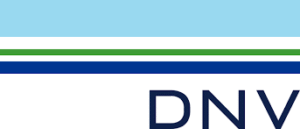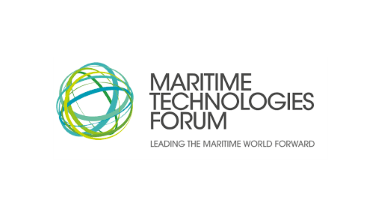
The Maritime Technologies Forum (MTF) has revealed new guidelines for conducting alternative qualitative fuel risk assessments for alternative fuelled ships: HAZID and HAZOP.
The use of alternative fuels will be key to addressing the 2023 IMO Strategy on Reduction of GHG Emissions from Ships. While IMO has developed guidelines for design and operation of ships capable of using them, the Alternative Design and Approval process is required for most alternative fuels until mandatory regulations are in place. And this dictates using qualitative risk assessment to document an equivalent level of safety compared with a vessel designed to operate with conventional fuels. Continue reading “MTF issues guidelines on alternative qualitative fuel risk assessments”
